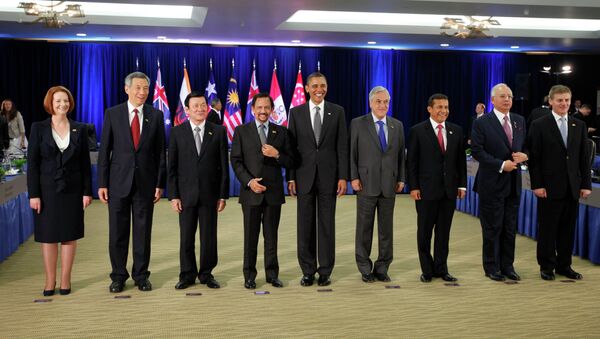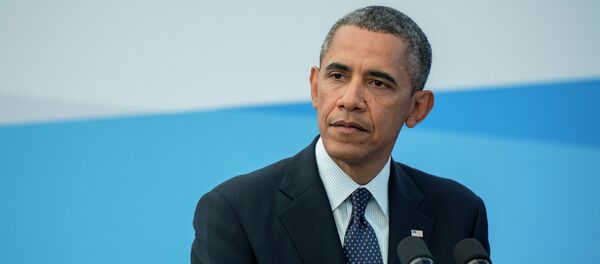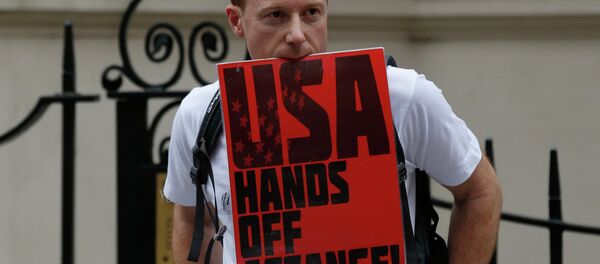The whistleblower organization, Wikileaks, published a 56-page draft chapter dated January 20 from the secretive negotiations over a deal that has become the cornerstone of Obama’s economic agenda. The chapter, entitled “Investment”, proposes empowering multinational corporations to sue foreign governments.
Under the agreement, corporations may challenge foreign government’s laws and regulations if they interfere with “distinct, reasonable investment-backed expectations”, and they can do so before tribunals under the World Bank or the United Nations. This process is known as Investor-State Dispute Settlement (ISDS), and while it has existed in the past, the large scope of the TPP has prompted some serious concerns.
TPP negotiations have been kept tightly under wraps, with only select officials reviewing the documents in secured reading rooms. The leaked chapter would mark the first disclosure of the accord to the public since an early version leaked in 2012. Opponents of the TPP have voiced concerns about the secrecy of the deal, saying it allows governments to push forward provisions disliked by their constituents. The Obama administration, along with other TPP opponents have argued that the secrecy is necessary for a smooth negotiation.
More troubling is that the documents were not to be declassified until four years after the TPP came into effect, meaning that the agreement would have been kept from the public well after its approval. The publication of the chapter on Wikileaks has sparked intense debate between proponents and opponents the TPP.
Opponents, primarily Congressional Democrats like Massachusetts Senator Elizabeth Warren, argue that ISDS undermines national sovereignty and could weaken environmental and labor laws. Proponents, primarily the Obama administration and a number of Congressional Republicans, cite the existing cases of ISDS provisions as evidence that the TPP will not undermine US regulation.
Indeed, the US is party to 51 of the 3,000 trade agreements that include ISDS provisions, one of which is the North American Free Trade Agreement. The country has further been involved in several ISDS cases, and has not lost any of them. However, proponents have said the large scope of the TPP, which will include countries — as well as their corporations — in North and South America and Asia, is particularly troubling, as the deal would cover 40% of the global economy. According to the nonprofit organization, Public Citizen, the TPP would give as many as 9,000 foreign companies the opportunity to launch ISDS cases against the US government, and 18,000 US companies to do the same abroad.
While ISDS cases cannot change a country’s laws, proponents have also argued that if a country’s government loses, it may be compelled or pressured to change some of its regulations. Some of these may include regulations involving banking, tobacco, and pharmaceutical businesses.
New York Senator, Charles E. Schumer, has referred to the provision as “really troubling,” adding, “It seems to indicate that savvy, deep-pocketed foreign conglomerates could challenge a broad range of laws we pass at every level of government, such as made-in-America laws or anti-tobacco laws. I think people on both sides of the aisle will have trouble with this.”
The Obama administration and other TPP advocates, however, have dismissed the concerns, claiming that they are based on hypothetical scenarios that only serve to stroke irrational fears.





